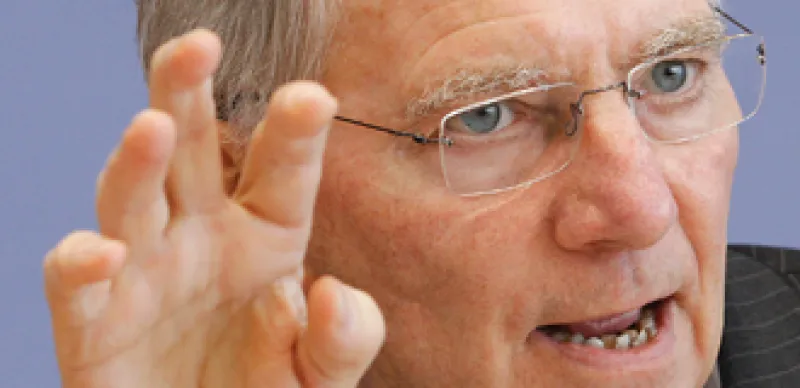
German Finance Minister Wolfgang Schäuble Insists Deficit Cuts Can Promote Recovery
German Finance Minister Wolfgang Schäuble explains his belief that fiscal restraint is the sine qua non of prosperity.
William Boston
October 20, 2010


